本来想使用3x-ui中文版的,后来发现中文版有赞助广告,看起来非常不舒服,所以就舍弃了。原版虽然是英文,但是保持了原汁原味,另外需要操作的步骤也不多,使用英文也不会太累。
Github 项目地址:https://github.com/MHSanaei/3x-ui
搭建 3X-UI 面板
一键脚本
bash <(curl -Ls https://raw.githubusercontent.com/mhsanaei/3x-ui/master/install.sh)命令行输入脚本,回车运行
# 您是否要自定义面板端口设置?(如果选择不自定义,系统将随机分配一个端口)[y/n]
Would you like to customize the Panel Port settings? (If not, a random port will be applied) [y/n]:当出现以上提示信息,输入自定义端口(0 — 65535)。或输入 n 保持默认。不输入直接回车也会保持默认选项
SSL Certificate Setup (MANDATORY) #SSL证书设置(必填)
For security, ssL certificate is required for all panels. #出于安全考虑,所有面板都需要SSL证书。
Let's Encrypt now supports both domains and IP addresses! #Let's Encrypt现在同时支持域名和IP地址!
Choose SSL certificate setup method: #选择SSL证书设置方式:
1. Let's Encrypt for Domain (90-day validity, auto-renews) #Let's Encrypt域名证书(有效期90天,自动续期)
2. Let's Encrypt for IP Address (6-day validity, auto-renevs) #Let's Encrypt IP地址证书(有效期6天,自动续期)
#注意:两种方式都需要开放80端口。IP证书使用短期配置文件。请选择一个选项(默认为 2 IP地址):
Note: Both options require port 80 open. IP certs use shortlived profile.Choose an option (default 2 for IP):
使用域名证书,输入1 回车
acme.sh installed successfully #acme.sh 安装成功
请输入您的域名:
Please enter your domain name:guaishou.ru.org输入域名,脚本使用 acme.sh 自动申请域名证书。
前面不带 https:// 或 http://
Your domain is ready for issuing certificates now... #您的域名已准备好颁发证书……
Please choose which port to use (default is 80): #请选择要使用的端口(默认端口为 80):回车保持默认
Issuing certificate succeeded, installing certificates... # 证书颁发成功,正在安装证书……
# ACME 的默认 --reloadcmd 为:systemctl restart x-ui || rc-service x-ui restart
Default --reloadcmd for ACME is: systemctl restart x-ui || rc-service x-ui restart
This command will run on every certificate issue and renew. # 此命令将在每次颁发和续订证书时运行。
Would you like to modify --reloadcmd for ACME? (y/n): # 是否要修改 ACME 的 --reloadcmd?(y/n):n这里询问是否要修改 ACME 的命令参数,有需要就修改。
输入 n,保持默认
✓ SSL certificate configured successfully with domain: guaishou.eu.org
═══════════════════════════════════════════
Panel Installation Complete!
═══════════════════════════════════════════
Username: eGQw12jQeF
Password: HrgRaHAgEt
Port: 24919
WebBasePath: wqCZL0HDiRqjzWkTNi
Access URL: https://guaishou.eu.org:24919/wqCZL0HDiRqjzWkTNi
═══════════════════════════════════════════
⚠ IMPORTANT: Save these credentials securely!
⚠ SSL Certificate: Enabled and configured
Start migrating database...
Migration done!
Service files not found in tar.gz, downloading from GitHub...
Setting up systemd unit...
Created symlink /etc/systemd/system/multi-user.target.wants/x-ui.service → /etc/systemd/system/x-ui.service.
x-ui v2.8.8 installation finished, it is running now...
┌───────────────────────────────────────────────────────┐
│ x-ui control menu usages (subcommands): │
│ │
│ x-ui - Admin Management Script │
│ x-ui start - Start │
│ x-ui stop - Stop │
│ x-ui restart - Restart │
│ x-ui status - Current Status │
│ x-ui settings - Current Settings │
│ x-ui enable - Enable Autostart on OS Startup │
│ x-ui disable - Disable Autostart on OS Startup │
│ x-ui log - Check logs │
│ x-ui banlog - Check Fail2ban ban logs │
│ x-ui update - Update │
│ x-ui legacy - Legacy version │
│ x-ui install - Install │
│ x-ui uninstall - Uninstall │
└───────────────────────────────────────────────────────┘
root@dmit-lax:~#当出现以上结果的时候,说明已经安装成功。将以上信息临时保存到记事本
现在为面板设置为面板设置证书路径,如果现在不设置,到后面进入面板还要设置
root@dmit-lax:~# x-ui
The OS release is: debian
╔────────────────────────────────────────────────╗
│ 3X-UI Panel Management Script │
│ 0. Exit Script │
│────────────────────────────────────────────────│
│ 1. Install │
│ 2. Update │
│ 3. Update Menu │
│ 4. Legacy Version │
│ 5. Uninstall │
│────────────────────────────────────────────────│
│ 6. Reset Username & Password │
│ 7. Reset Web Base Path │
│ 8. Reset Settings │
│ 9. Change Port │
│ 10. View Current Settings │
│────────────────────────────────────────────────│
│ 11. Start │
│ 12. Stop │
│ 13. Restart │
│ 14. Check Status │
│ 15. Logs Management │
│────────────────────────────────────────────────│
│ 16. Enable Autostart │
│ 17. Disable Autostart │
│────────────────────────────────────────────────│
│ 18. SSL Certificate Management │
│ 19. Cloudflare SSL Certificate │
│ 20. IP Limit Management │
│ 21. Firewall Management │
│ 22. SSH Port Forwarding Management │
│────────────────────────────────────────────────│
│ 23. Enable BBR │
│ 24. Update Geo Files │
│ 25. Speedtest by Ookla │
╚────────────────────────────────────────────────╝
Panel state: Running
Start automatically: Yes
xray state: Running
Please enter your selection [0-25]: 18 # 请输入您的选择 [0-25]:18在窗口输入:x-ui 打开3X-UI面板管理脚本,输入18,选择SSL证书管理
Please enter your selection [0-25]: 18 # 请输入您的选择 [0-25]:18
1. Get SSL (Domain) # 获取 SSL(域名)
2. Revoke # 撤销
3. Force Renew # 强制续期
4. Show Existing Domains # 显示现有域名
5. Set Cert paths for the panel # 设置面板证书路径
6. Get SSL for IP Address (6-day cert, auto-renews) # 获取 IP 地址的 SSL(6 天证书,自动续期)
0. Back to Main Menu # 返回主菜单
Choose an option: 5 # 选择一个选项:5
Available domains: # 可用域名:
guaishou.eu.org # 这里会显示之前申请过证书的域名再选择 5 ,设置面板证书路径
可用域名列表就显示之前申请域名证书时候填写的域名
Please choose a domain to set the panel paths: guaishou.eu.org # 请选择一个域名来设置面板路径:
set certificate public key success # 设置证书公钥成功
set certificate private key success # 设置证书私钥成功
set certificate for subscription public key success # 设置订阅证书公钥成功
set certificate for subscription private key success # 设置订阅证书私钥成功
Panel paths set for domain: guaishou.eu.org # 已为域名 guaishou.eu.org 设置面板路径
- Certificate File: /root/cert/guaishou.eu.org/fullchain.pem # 证书文件地址
- Private Key File: /root/cert/guaishou.eu.org/privkey.pem # 私钥文件地址
[INF] x-ui and xray Restarted successfully # [INF] x-ui 和 xray 已成功重启
Press enter to return to the main menu: # 按回车键返回主菜单:请选择一个域名来设置面板路径:输入上面的域名地址
出现证书文件和私钥文件地址时候,会自动设置到面板(可临时保存备用)
回到主菜单
Please enter your selection [0-25]: 23 #
1. Enable BBR # 启用BBR
2. Disable BBR # 禁用BBR
0. Back to Main Menu # 返回主菜单
Choose an option: 1 # 选择 1
BBR is already enabled! # BBR 已启用!选择23 ,再选择1 ,启用BBR,当出现 BBR is already enabled! 说明启用成功
开启BBR前后测试
开启前:延迟313,速度 36.6
开启后:延迟83,速度 23.1
至此命令行已经设置结束。
使用3X UI面板设置
打开之前保存的面板信息
Username: eGQw12jQeF # 用户名
Password: HrgRaHAgEt# 密码
Port: 24919# 面板端口
WebBasePath: wqCZL0HDiRqjzWkTNi #面板路径
Access URL: https://guaishou.eu.org:24919/wqCZL0HDiRqjzWkTNi在浏览器输入 https://guaishou.eu.org:24919/wqCZL0HDiRqjzWkTNi 尝试访问面板。如果无法访问就把https://改成http:// 再次刷新访问。
![图片[1]-3X UI 面板搭建 Vless+Reality+Vision - 我是怪兽-我是怪兽](https://guaishoux.com/wp-content/uploads/2025/04/QQ截图20260130170428-1024x596.png)
这里可以自定义面板端口和面板路径,如果将面板端口设置为:1234,将面板路径设置为/guaishou/,保存并重启面板后,新的后台登录链接将变为:https://guaishou.eu.org:1234/guaishou
![图片[2]-3X UI 面板搭建 Vless+Reality+Vision - 我是怪兽-我是怪兽](https://guaishoux.com/wp-content/uploads/2025/04/QQ截图20260130171004-1024x355.png)
将订阅设置里面默认的订阅标题sub设置为其他,保存并重启面板
新建节点
![图片[3]-3X UI 面板搭建 Vless+Reality+Vision - 我是怪兽-我是怪兽](https://guaishoux.com/wp-content/uploads/2025/04/QQ截图20260130171417-1024x601.png)
点击入站列表菜单,添加入站
备注随意填写
协议选择Vless,传输选择TCP
其他保持默认
![图片[4]-3X UI 面板搭建 Vless+Reality+Vision - 我是怪兽-我是怪兽](https://guaishoux.com/wp-content/uploads/2025/04/QQ截图20260130171549.png)
安全 选择 Reality,点击 Get New Cert 获取新证书,点击创建。至此节点创建完成
![图片[5]-3X UI 面板搭建 Vless+Reality+Vision - 我是怪兽-我是怪兽](https://guaishoux.com/wp-content/uploads/2025/04/QQ截图20260130172303.png)
复制链接到 V2rayN 测试链接
订阅链接
![图片[6]-3X UI 面板搭建 Vless+Reality+Vision - 我是怪兽-我是怪兽](https://guaishoux.com/wp-content/uploads/2025/04/QQ截图20260130172657-1024x683.png)
如果创建了多个节点,可以将Subscription Link订阅链接保存到分组,更新订阅就能全部获取创建的节点
文章版权归作者所有,转载请注明出处!
禁止用于商业或者非法用途,否则后果自负!
本站内容仅限用于学习目的,请您下载后尽快删除!


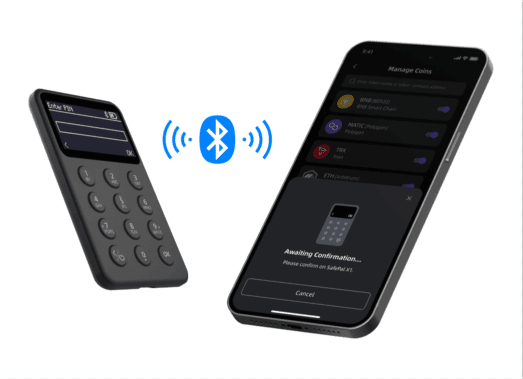
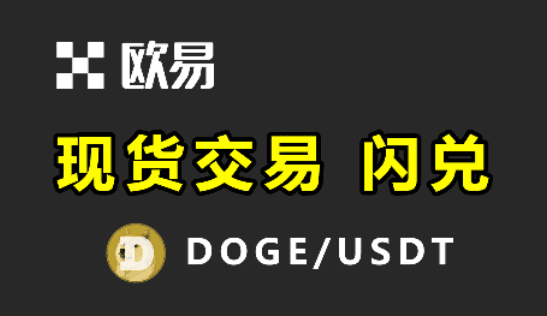

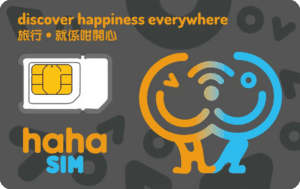

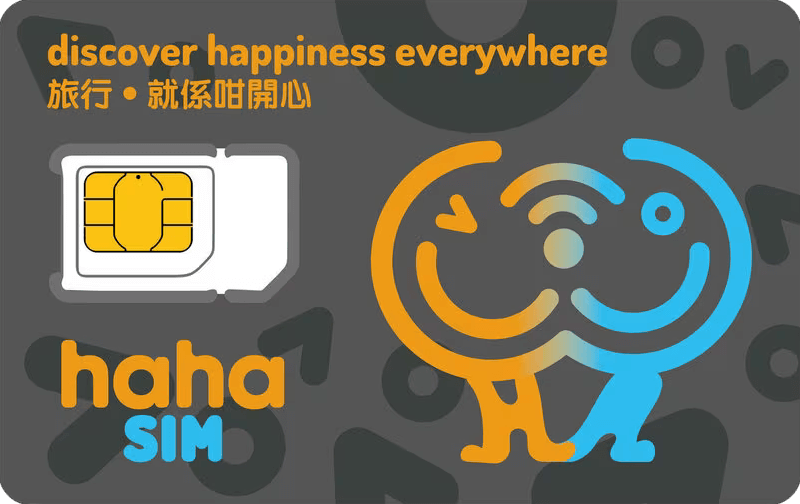
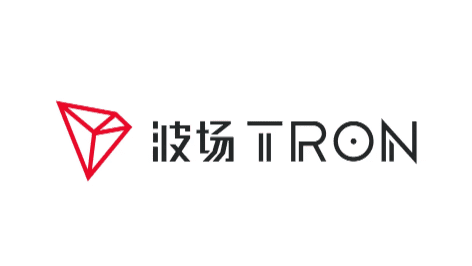


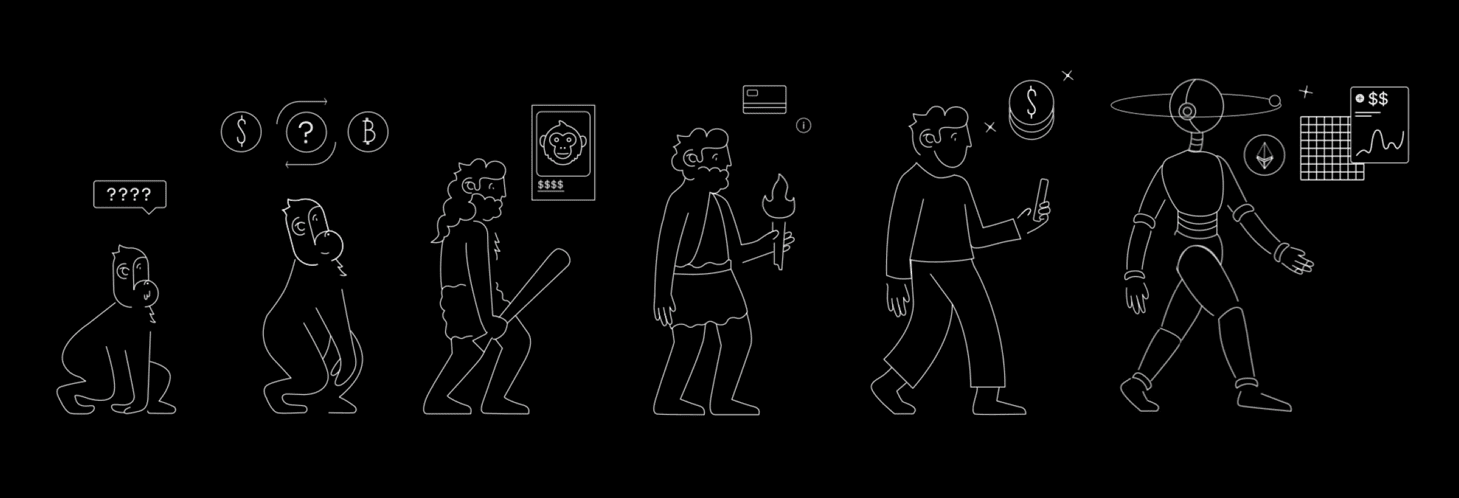


暂无评论内容